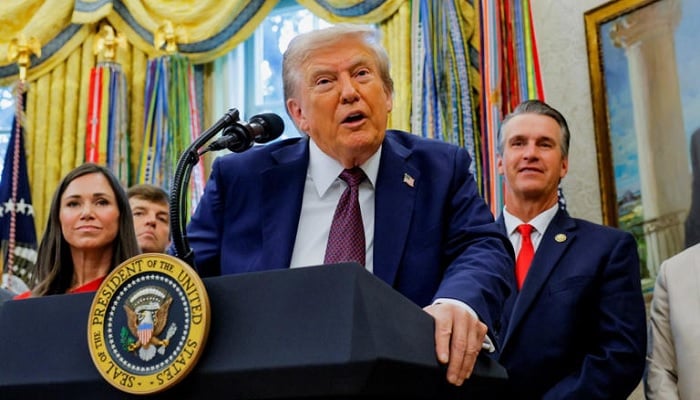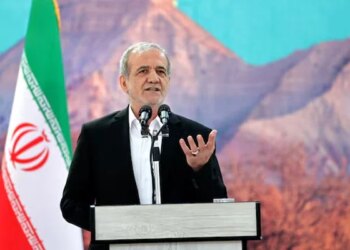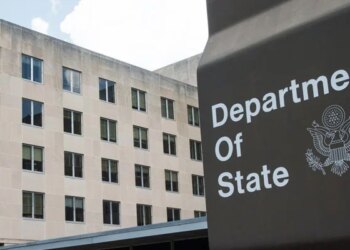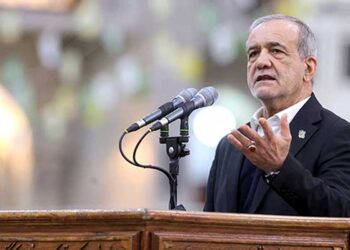Select Language:
President Donald Trump announced Monday that the U.S. military conducted a strike against a suspected Venezuelan drug cartel vessel en route to the U.S., marking the second such attack in recent weeks. Trump stated that three individuals were killed in the operation, which took place in international waters, though he provided no evidence to support the claim that the vessel was carrying illicit drugs.
“This morning, on my orders, U.S. military forces executed a second precision strike against highly dangerous drug trafficking organizations and their narcoterrorist affiliates within the SOUTHCOM area of responsibility,” Trump posted on Truth Social. “These violent drug cartels threaten U.S. national security, foreign policy interests, and our vital national security.”
He added that the attack was targeted at organizations posing a significant threat, with the operation involving an unidentified vessel that appeared to be involved in drug smuggling, including large quantities of cocaine and fentanyl observed afterward. A video accompanying the post, marked “Unclassified,” allegedly shows an explosion at sea, although it was partly blurred and cannot be confirmed as authentic through initial checks.
The United States has been increasing military presence in the Caribbean region, including deploying five F-35 fighter jets to Puerto Rico and maintaining at least seven warships and a nuclear submarine nearby. The latest military action coincides with this buildup.
Trump hinted at the possibility of future operations, suggesting that land-based actions against suspected drug traffickers are under consideration. Earlier this month, Defense Secretary Pete Hegseth indicated heightened efforts to disrupt drug networks throughout the hemisphere and hinted at a broader military campaign.
The Venezuelan government, led by President Nicolás Maduro, strongly condemned the strikes, accusing the U.S. of aggression and indicating that communications between the two governments have largely ceased. Maduro reiterated accusations that the U.S. is attempting to oust him from power, especially following the U.S. doubling its reward for information leading to his arrest to $50 million.
The first strike, carried out on September 2, remains somewhat shrouded in secrecy, with the U.S. government not disclosing details about the vessel’s cargo, weapons, or the identities of those killed. Reports suggest that the targeted vessel turned around when struck, raising legal questions about the justification for the operation. Evidence from the initial attack includes another video, which U.S. officials suggested was created with AI, showing a speedboat exploding at sea.
This pattern of military intervention reflects a broader U.S. focus on combating drug trafficking and narco-related violence in the region, often conducted without explicit congressional approval despite constitutional provisions granting Congress the power to declare war.







